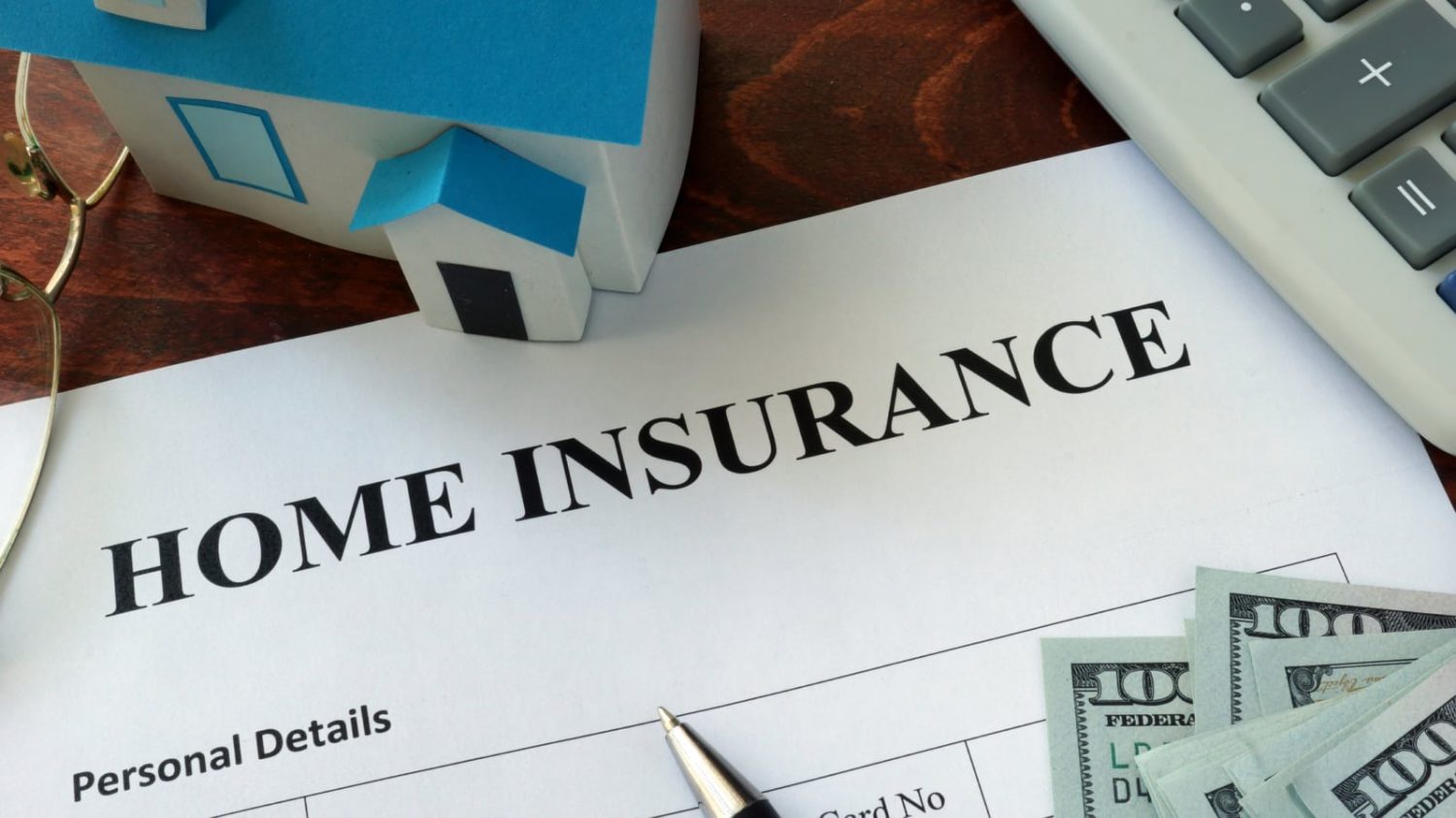
Homeowner’s insurance not only covers damage to the policyholder’s home, but it can also cover the costs of injuries for anyone injured on that property. This section of the policy is known as “liability coverage,” and almost every homeowner has it as part of their homeowner’s insurance.
With liability coverage, an accident victim can recover costs for their medical bills as well as lost wages, pain and suffering and other damages. The accident victim may have to prove fault with the help of a Bangor premises liability attorney by showing the homeowner was negligent in some way. Other times, the doctrine of “strict liability” applies, meaning that the accident is covered no matter who was at fault.
You can learn more about how homeowner’s insurance liability claims work by reading on.
What Does Homeowners Liability Coverage Pay For?
Homeowners liability coverage covers most injury incidents that happen inside the home as well some that happen outside the home.
For all covered incidents, homeowners liability coverage pays for all losses resulting from an injury up to the policy limit. Most coverage limits on homeowners liability are quite high, and they could be extended up to $1 million or more if an umbrella policy is also in place.
Costs covered by liability policies include:
- Medical bills
- Costs associated with medical treatment, like assistive devices or travel expenses to and from appointments
- Lost income
- Pain and suffering resulting from the injury
- Other losses, such as loss of home services or peripheral costs of the injury
Do You Have to Prove Fault to Make an Injury Claim?
Whether or not your injury has to be the fault of the homeowner varies according to the policy. For most policies, the incident is only covered if it was mostly the homeowner’s fault. The owner must have acted negligently in some way, such as neglecting to repair the handrail on their front steps or leaving a slippery puddle in the house. To make a successful claim, the injury victim must prove fault by way of negligence or some other showing.
Other times, your incident is covered under “strict liability rules,” which means that it is technically the homeowner’s fault no matter what happened. For instance, in Maine, a dog owner is responsible for any injuries their dog causes off their property as long as the injury victim was not more at fault than the dog owner.
What About Intentional Injuries?
If a homeowner intentionally injures you — for instance, they physically attacked you or set a booby trap knowing it would hurt you — then their homeowner’s insurance policy will not cover the claim. In these instances, you must seek to recover damages directly against the homeowner through a demand letter or lawsuit.
Will a Bangor Injury Attorney Help Me With My Case?
During injury claims and lawsuits against homeowners, their insurer pays for all legal fees and helps represent them in court. To represent your side of the case effectively, you may need the services of a personal injury attorney when alleging fault, writing your injury claim demand letter and performing other important actions.
Injuries can be expensive, so make sure you work hard to recover every penny you can using the resources you have available. If you want to explore a personal injury claim against a homeowner, you can contact Lowry & Associates at 207-775-3819 or fill out our free case review form.






